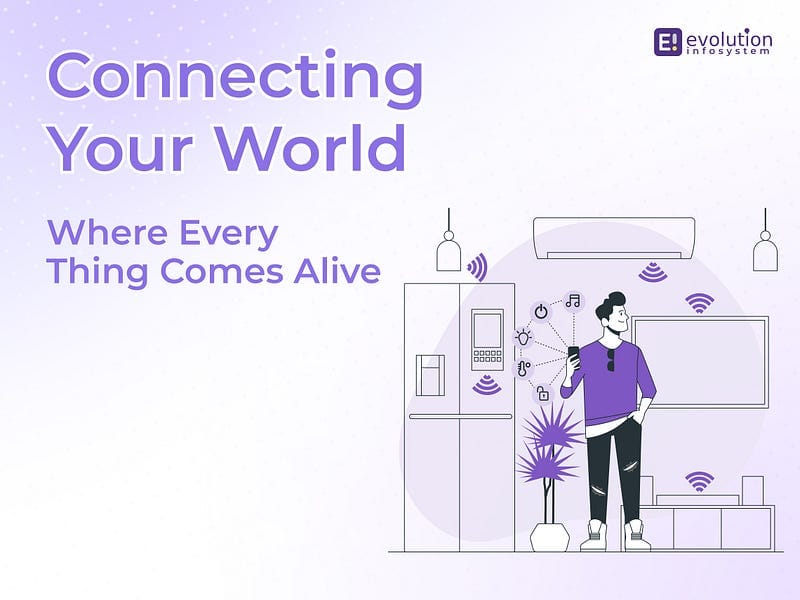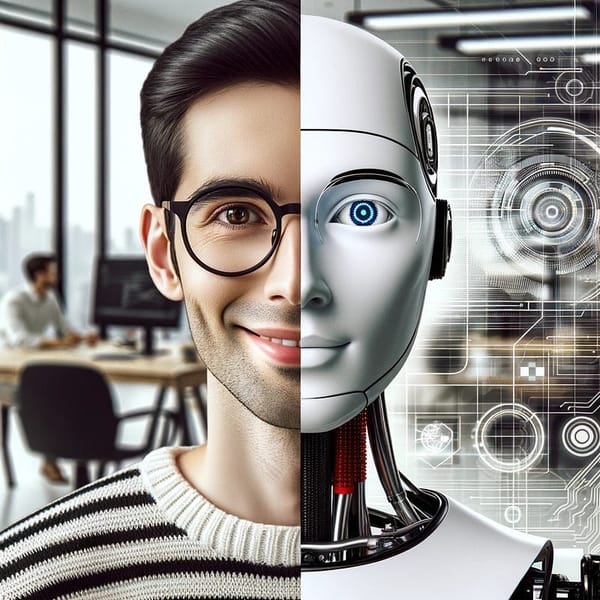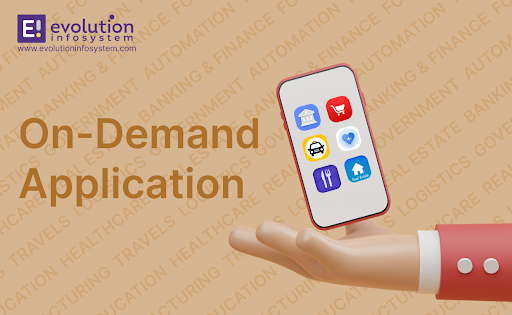Why is the future totally on IoT?
What is IoT technology?

What is IoT technology?
IoT stands for the internet of things. As explained basically, it’s the increasingly big number and variety of devices that are currently ready to connect with the internet and share information among themselves. The quickly multiplying “smart” devices give more prominent levels of functionality through their connections with one another. The Internet is connected to billions of devices today, which are all gathering and sharing data.
From a driverless vehicle or smart cities with cameras and sensors, reporting on traffic or pollution, to being able to control your home’s entertainment or heating with your digital assistant or smartphone.
But you use home and mobile-based IoT, that does not mean there are no other IoT exist. There are factories, businesses, and healthcare too. Because smart factors give these industries essential data for tract inventory, save cost, manage machines, and save lives also.
What skills are required in IoT?
- Physics
IoT sometimes requires a strong physics foundation. Specifically, knowledge of electrical engineering from the fundamentals to the intermediate level. You’d have to know a bit or two in order to establish working connectivity between two or more devices.
Basic things that everybody should remember are Ohm’s Law, fundamental electrical parts(LED, transistor, relay, diode, capacitor, and so on), reading/composing wiring charts.
- Software engineering
In addition, you will need to have a solid working knowledge of some computer science and software engineering concepts: programming, operating systems, networking, computer architectures, etc.
According to the three main development branches of the IoT world, the most frequently used technologies in IoT can be categorized into three main categories. And in all three use C, C++, JAVA, Python, Node, and JS languages.
- Devise programing
- Gateway development
- Cloud services
- Today, Arduino and RaspberryPi are the two driving IoT devices that are essentially the core of pretty much every venture.
Why IoT is so pretty.
Car is connected with internet
You can have your car’s status inserted into your mobile phone. How cool is that? What if you forget to lock the car or not? Indeed, you can generally check through your smartphone if it’s locked or unlocked and perform a remote locking/unlocking activity if necessary.
Furthermore, you can check fuel status, tire pressure status, headlights on/off, car location, and many things that you check through a mobile phone. In addition, you can have some security features like alerts on smartphones and push notifications to come if anytime your car is unlocked not near to a car(robbed) at that time mobile gives you alert. Many more beautiful features are available for your car.
Internet for Smart home
- Smart geyser/Boiler
At home sometimes the water is not that hot. If you have to come home from the office and you need to take a shower at that time you tell someone to do it for you, but if you have a smart geyser then you can start from your smartphone and turn it off also. So you can utilize your saved time for productive work. Add more you also can schedule after 1 hour or 2 hours to start your boiler and after 10min turn it off.
- Smart doors
What if you come from outside and miss the keys somewhere or you forget your keys in the house and your door is locked? Also at weekends you go grocery shopping or shopping and you have so many bags in your hand how can you open your main door, at that time if your door has sense and is connected with wifi/BlueTooth so automatically opens when your mobile is near to the door. Your door has sense through Wifi, NFC, BlueTooth, and smartphone.
There are many things available to feel lazy to you like smart lights/bulbs, you can set the temperature of the AC/refrigerator, smart ceiling fan, etc.
Building connected to the internet
- Elevators
With help of IoT and AI can monitor and maintain elevators. This solution comprises continuous lift sensor data conveyance to the cloud and data analysis there. Through IoT, it checks the health status of the elevator and removes daily maintenance so it saves money. Maintenance is possible when AI gives you an alert.
- For parking slot
Visitors can search for free parking spaces in the building so they do not have to waste time looking for parking spaces here and there. Also, it is helpful in shopping malls or public places in the city.
IoT for Smart city
- Traffic signal lights
I just assumed a city where the traffic signals can control themselves depending on which streets are more blocked. All of us have found it useless and by a traffic signal, and yes… it’s irritating. It would be superb if the traffic signals can detect which streets should be on a red light and which don’t and control lights as per that. This can be cultivated with the support of cameras, digital vision, and AI.
- Street lights
So we all know that at night all the street lights are turning for visibility. However, at times the greater part of the lights waste energy and money to light regions that nobody is keen on. Street lights can be made to have lower brightness when nobody is near and to build splendor to the most extreme when presence is known.
Each street light can have a sensor for motion and a wireless module, this way adjoining lights can communicate and inform one another on the off chance that they sense the presence. This permits each common cyclist or vehicle to have a wide enough circle of light while keeping regions that aren’t populated at dimmer light to save energy.

The Bottom Line
The potential for IoT future growth & innovation has never been greater, with the world evolving towards a more automated, connected digital landscape. IoT devices are already offering boundless possibilities for data collection & new applications to emerge in everyday life.
As always, there will be challenges such as privacy & security risks that come along with these advancements. Companies should have an effective strategy in place by now to maximize their impact in different areas within the IoT value chain. With government initiatives supporting technological advancements & investments in connected infrastructure, it is certain that the future of the Internet of Things will dominate our lives.




